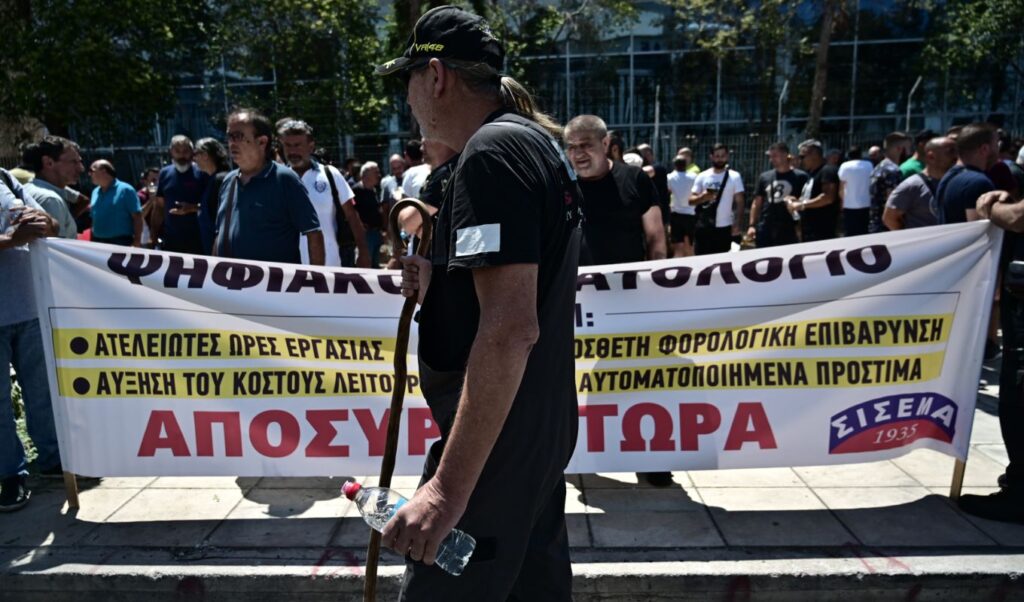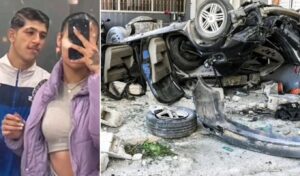Car repair professionals continue to express their opposition to the new Mandatory Digital Customer Registry implemented by the Independent Authority for Public Revenue (IAPR), with the ongoing strike in progress. The possibility remains open for the strike to extend until Friday, July 5, depending on developments.
Car repair shop strike continues: Strong reactions to Digital Customer Registry
The controversial measure requires immediate recording and real-time transmission of all technical work performed on vehicles, which has provoked intense reactions in the sector. Professionals cite excessive bureaucratic burden, coming during a period of increased demand due to the summer exodus.
Market disruption has already been caused by the strike actions, with fears of delays in citizen services and impacts on the smooth operation of repair shops during a critical period for travel.
The strike affects the full spectrum of related professional activities, including:
- Car repair shops
- Body shops and paint shops
- Companies installing audio systems, alarms and electronics
- Car washes and parking facilities
- Car and motorcycle rental businesses
What the IAPR supports
The Independent Authority for Public Revenue (IAPR) defends the implementation of the Digital Customer Registry, characterizing it as another critical step toward strengthening tax compliance. The new measure, according to the Authority, is part of the broader digital transformation plan for the economy, which already includes electronic books (myDATA) and the digital delivery note.
Strong opposition comes from professional associations in the vehicle maintenance and repair sector, who denounce the implementation of the measure as sudden and without adequate preparation. Small and family businesses, which constitute the majority of the sector, point out that they lack the technological infrastructure and specialized personnel to meet the requirements of the new system.
The associations warn of serious operational problems due to the immediate implementation of the measure without a transition period or state support, intensifying inequalities between small and large repair shops.




